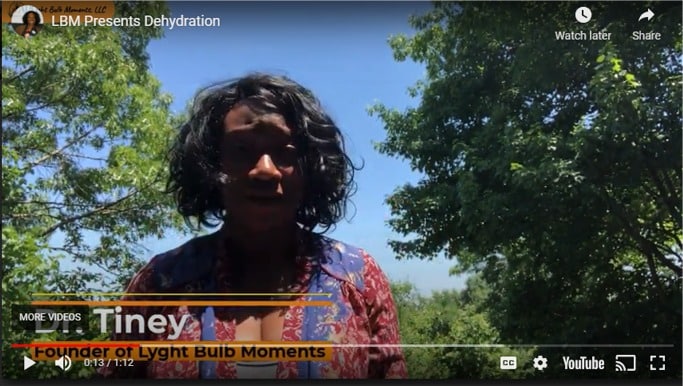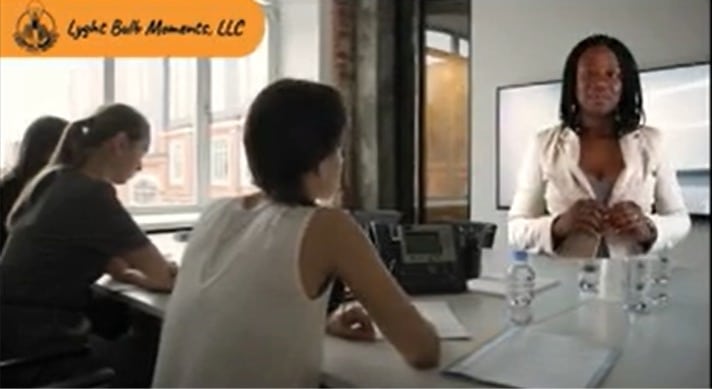by Dr. Tiney Ray
Share

Think about what happens when you have too much going on at one time.
The TV’s blaring. Kids are asking permission to do things you’d rather they didn’t. The phone’s ringing and you’re getting a text.
And you only have another 30 minutes to get dinner ready.
Pretty overwhelming, isn’t it?
Now think about doing this when you’re not at the top of your game, or if you’re sick with the flu. You can see how much more difficult that can be, and how you could get overcome by the situation pretty easily.
That’s what can happen with a person living with dementia in everyday situations—situations that you wouldn’t consider stressful. But to an individual whose mental capabilities have been diminished by the disease, anything unexpected or non-routine can be daunting.
So it’s important for care partners to be aware that even though the person living with dementia is seeming to function fine one moment, he or she may be stressed and overwhelmed the next.
A classic example of this is “sundowner’s” syndrome, where the person living with dementia becomes more agitated and confused late in the day, as the sun goes down and the light around them changes.
So what should you do when this happens? Here are some possible responses:
- Cut back on the stimuli around the person. If there’s a lot going on with other people, animals, or electronics, see about reducing or eliminating some of these distractions.
- Remain calm yourself. If the person living with dementia sees the care partner getting upset, it only compounds the situation. Keep your cool.
- Refocus attention on an activity that the person living with dementia enjoys, one that tends to be calming. This redirection can help settle the person and allow a “recharge” so the rest of the day is easier.
Remind yourself that what’s manageable for you may be way too much for the person under your care. When you look at the world from that perspective, you can see paths forward that can help both of you.
STAY IN THE LOOP
Subscribe to our free newsletter.
Related Posts
For those who care for Persons Living With Dementia (PLWDs), you’ve seen how quickly things can get out of hand, as the person in your care faces an obstacle and becomes upset and frustrated. This is common, and it’s a challenge for the care partner—because often, an escalation with the PLWD leads to an escalation
Dr. Tiney Ray of Lyght Bulb Moments discussed the value of Support Groups for the cargegivers of Persons Living With Dementia.






